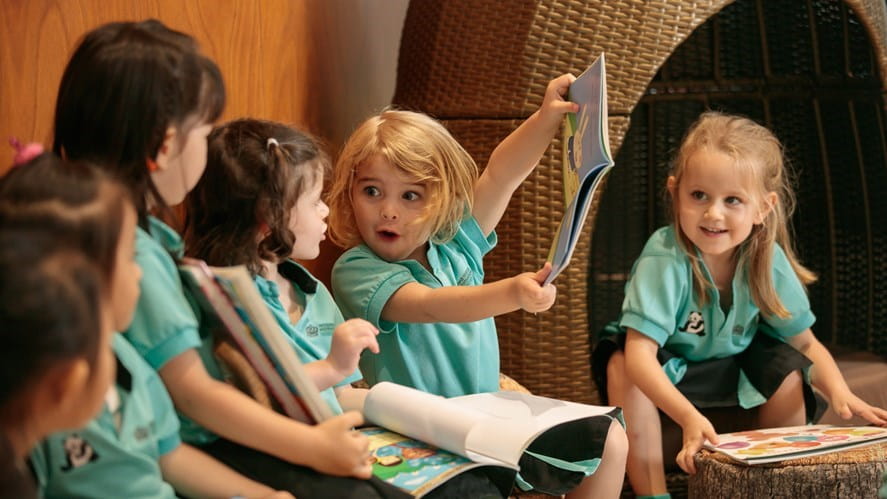We use cookies to improve your online experiences. To learn more and choose your cookies options, please refer to our cookie policy.

Written by Ruth Hanson, Head of NAIS Early Year Campus
‘Being ready’ for kindergarten is not about a set of skills you need to make sure your child has before they start kindergarten. It is about preparing your child for this next transition and it is useful to think about the conditions you want present in your child’s life to ensure kindergarten is a positive and enriching experience for them.
Being able to express oneself and being understood is very enabling. To develop your child’s language skills, you can support them by:
Developing and maintaining meaningful relationships with others is a vital skill that we all need throughout life. We can help to prepare our children by:
Here are some practical self-help skills that you can develop with your child. Consider these to see how they are getting along:
Remember, a kindergarten’s role is to care and teach your child, in partnership with the you. So, even if your child cannot do the above perfectly, a good kindergarten will understand their role to continue to develop these self-help skills with your child.
Emotional development is important to consider as your child approaches kindergarten. Consider the following questions and talk them through with your child’s teacher before they start kindergarten:
When the big day finally arrives, do not rush the settling period. Allow your child time to get to know their teachers and carers and time to become familiar with the environment and the new routines that will be structuring their day.
If your child is not used to being separated from you, gradually increase the separation time, making those periods manageable for your child - they will soon come to realise that you always return. When your child sees you trusting the adults in the setting; smiling, laughing and chatting, they will often follow suit.
When settling a new child, I would always ask the parents questions, like the ones above, to help me understand and know their child. All of this information would help me respond individually to their child, helping them to feel safe and secure in their new kindergarten.
At Nord Anglia we know that children develop best when they feel safe and secure. Our pre-schools create a caring, inspiring and happy environment, where we build strong partnerships with the family in order to support every young child’s holistic development.